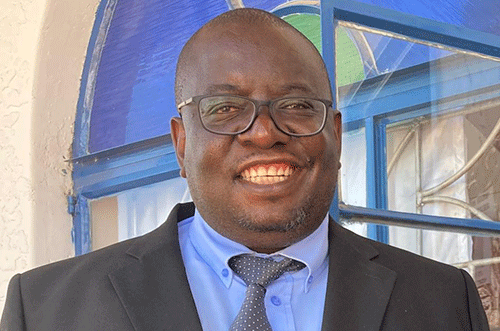Heroes’ Day commemoration is a significant event where Namibians from all walks of life convene to commemorate their heroes and heroines.
The selection and recognition of national heroes and heroines in Namibia has thus far dominantly focused on political figures, understandably and tolerantly so, considering the violent colonial history of the country and the need to inscribe in our memories and public spaces our own heroes and heroines to contrast to those presented by colonialists.
Before the armed liberation struggle in 1966, various traditional leaders stood up against German and South African colonial dominations. We are for example reminded of the late Hendrik Witbooi, Samuel Maharero, Hosea Kutako, Mandume ya Ndemufayo, Iipumbu ya Shilongo, Kandjimi Hauwanga, Mbambangandu waShimbenda, Nyangana wa Mukuve and Fumu Diyeve dja Rukonga etc.
Since 1966, Namibians saw armed freedom fighters infiltrating the country from Tanzania through Zambia and Angola. For instance, on 23 March 1966, one of the two groups of the PLAN fighters was involved in skirmishes with the South African police at Rundu, they were arrested, tried and eventually sentenced to Robben Island Prison in Cape Town. The other group of Swapo PLAN fighters later on 26 August 1966 took a conscious decision to fight back against the South African military forces at Omugulugwombashe, and since then, the day 26 August has been selected as a day to celebrate Namibian heroic deeds. Armed liberation leaders and heroes such as Dr Sam Nujoma were instrumental in mobilising contract labourers against the exploitative contract labour system. Nujoma later led the armed liberation struggle and became the first founding president of the Republic of Namibia on 21 March 1990.
Although the struggle for political liberation of Namibia ceased, the heroes’ commemorations remain a significant day. It is a day to publicly display our memory of the past which is aimed at nation building and national identity construction. It is a platform to envision the future of the Namibian nation.
This day fulfils an important psychological need in terms of asserting new group values, restoring dignity and self‐esteem of Namibians, expressing identity and recognising leadership, achievements and setbacks of a nation.
As we prepare and celebrate the 32nd Heroes’ Day commemoration in Mariental, let us rise above our differences. One Namibian scholar Michael Akuupa (2015) explained that as Namibians, ‘we can be united but we are different’, not only should we recognise our visible and invisible differences (such as rich and poor, the healthy and sick, the ruling party colours and opposition party colours etc.), but we should show our ability to tolerate differences, rise above them and find common ground for unity in diversity, or for inclusive participation in the Namibian house. When this finally happens, then Namibia is going the right direction in their project of building an all-inclusive Namibian nation or house.
What then is the future of national Heroes’ Day commemoration? In the future, the need for political or liberation figures as heroes or heroines will diminish and the emphasis will shift toward selecting and celebrating individuals who have distinguished themselves in other areas of a Namibian life such as for example the economic struggle for the youth and marginalised Namibians etc. In future, the identification and commemoration of heroes and heroines will be driven decisively by people at grassroots level and the process of selection and recognition will be more critical and eventually, these developments will transform the future of Heroes’ Day commemorations. Time and history will tell.
*Dr Kletus Likuwa is a historian and senior researcher at the University of Namibia



